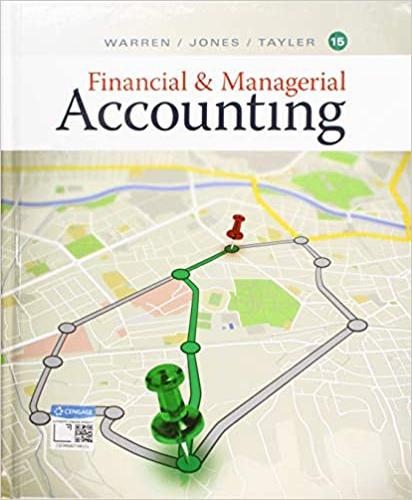Answered step by step
Verified Expert Solution
Question
1 Approved Answer
Ada, Bell and Carol, all Australian tax residents, operate a beauty salon in partnership. They have agreed to share profits and losses as follows: Ada
Ada, Bell and Carol, all Australian tax residents, operate a beauty salon in partnership. They have agreed to share profits and losses as follows:
Ada 30% Bell 20% Carol 50%
For the tax year ending 30 June 2021, Ada and Bell, who worked in the partnership business, withdrew a salary of $40,000 each from the business. Carol did not receive any salary but was paid $30,000 interest on her contributed capital investment in the partnership.
After taking into account the above payments for the year ended 30 June 2021, the partnership was left with an excess of $108,000. This amount included a fully franked cash dividend $7,000 (received from a large size company with corporate tax rate at 30%), but did not include the associated franking credit.
Additional Information for the 2020-21 tax year:
Ada is 31 years old. She is single and has private health insurance with no dependants. Her other income consisted of $6,000 interest from a bank account after the bank had withheld $1,400 in tax. She also had a net rental income of $14,000 from her investment property.
Bell is 35 years old, and has private health insurance with no dependants. He also received $14,000 cash dividends from his investment in Telstras shares which are fully franked. During the current year he incurred $5,500 interest expense on the loan he obtained to purchase those Telstra shares.
Carol is 68 years old, has private health insurance and no dependents. She has rental property income of $22,000 from a holiday home and an annual pension from a complying superannuation fund of $50,000 (a private super fund). Her annual costs on the rental property consisted of $4,000 general expenses and $14,000 interest expense.
Required:
For the tax year ended 30 June 2021:
1. Calculate the partnership net income from tax perspective
2. Calculate the distribution to each partner through the given table
Calculate the taxable income and tax payable (refundable) for each partner through the given table
Step by Step Solution
There are 3 Steps involved in it
Step: 1

Get Instant Access to Expert-Tailored Solutions
See step-by-step solutions with expert insights and AI powered tools for academic success
Step: 2

Step: 3

Ace Your Homework with AI
Get the answers you need in no time with our AI-driven, step-by-step assistance
Get Started


